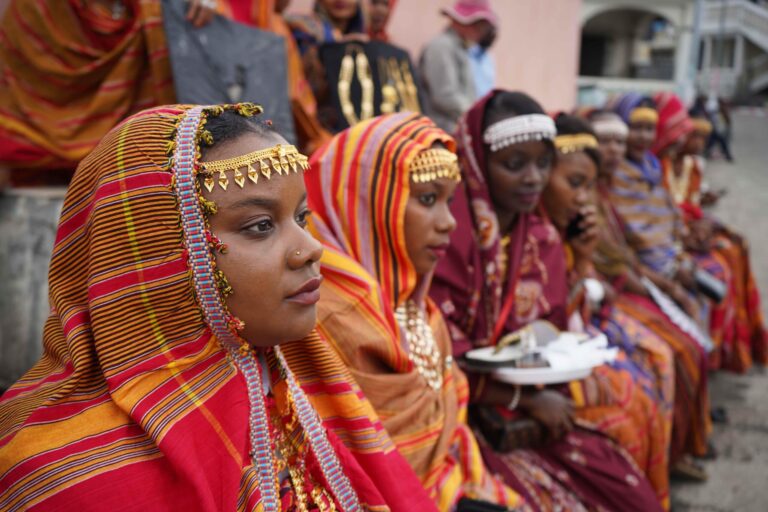Overview
The Union of Comoros is a small island nation with a predominantly informal economy and limited financial infrastructure. The financial sector is overseen by the Central Bank of Comoros (Banque Centrale des Comores, BCC), which regulates the country’s three main commercial banks and several microfinance institutions. The banking sector faces challenges such as undercapitalization and limited access to financial services, particularly in rural areas.
Recent efforts have focused on improving financial inclusion and digitizing the financial ecosystem. In 2024, Comoros initiated its first National Financial Inclusion Strategy (NFIS), which aims to address low banking penetration and encourage the use of digital financial services.

Key Financial Initiatives
Digital Payments and Interoperability
In 2024, Comoros joined the Pan-African Payment and Settlement System (PAPSS), a platform designed to facilitate cross-border transactions in local currencies across Africa. PAPSS now enables Comorians to make payments to other countries directly in Comorian francs. This represents a considerable advantage for the State by reducing the costs and delays of international payments.
National Financial Inclusion Strategy
Currently only “25% of the Comorian population” has a bank account, well below the 55 percent regional average. Comorians’ reluctance to form part of the formal financial system is what first revealed the need for more advanced financial inclusion initiatives.
By establishing an NFIS, the central bank hopes to increase access to financial services and raise awareness among stakeholders of the pivotal role financial inclusion could play in reinforcing the country’s economic stability and the financial well-being of its people. The NFIS includes measures to promote financial literacy and encourage greater engagement with the nation’s banking system.
Looking Ahead
The financial sector in Comoros is gradually modernizing, driven by the BCC’s initiatives to promote digital payments and financial inclusion. While open banking is not currently on the agenda in Comoros, several initiatives already in play highlight a possible development in the near future.
Progress will depend on regulatory reforms, infrastructure investments, and collaborative efforts among stakeholders.
Important Links
Open Banking Nigeria (Open Technology Foundation) is a non-profit backed by a group of industry experts across banking, fintech, risk management, and more to drive and launch the open banking standard in Nigeria.